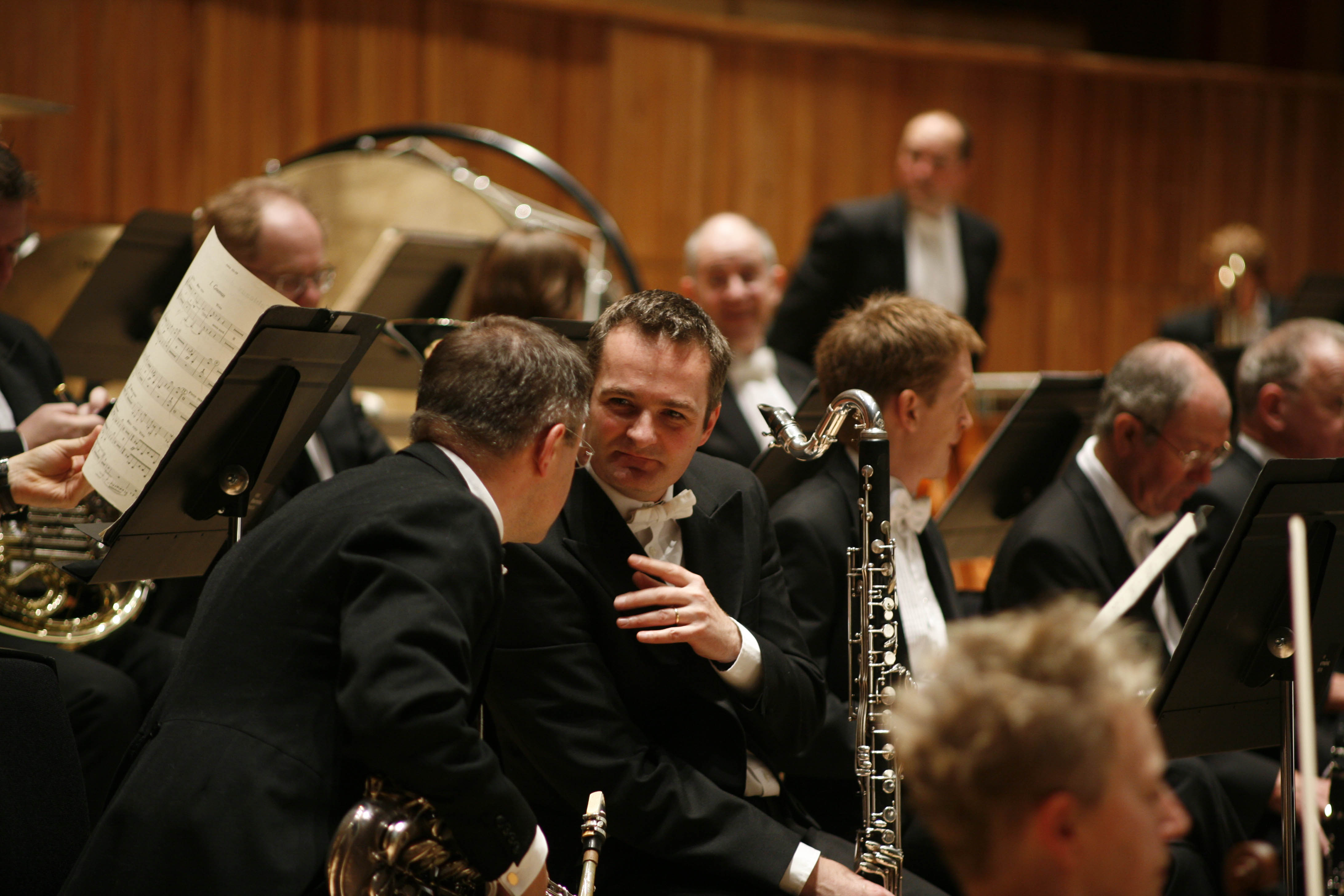On Sunday 11 November, Brighton Philharmonic Orchestra will play the second concert of its 2018/19 programme, featuring pianist and director Freddie Kempf, the 1992 BBC Young Musician of the Year. The programme, which represents a real diversity of styles from both ends of the 19th century begins with the explosive overture from Rossini’s Semiramide, based on the story of the Assyrian queen Semiramis.
The legend of Semiramis has come to us through a variety of archaelogical sources, though the most famous version of the story is from the second book of Diodorus Siculus’ Bibliotheca Historia, written in the first century BC.
She is unique not because the Greek historians do not tell us of women, but because nearly a third of the Diodorus’ book on Asia centres on her story. We learn of her childhood, her eventual marriage to the first king of Syria following displays of superb military strategy, the subsequent ascent to queendom and attempts at conquest of easterly lands, Semiramis is said to be understanding, daring, and endowed with ‘all the other qualities that contribute to distinction.’
Her path to ascent was of particular note for Voltaire, whose dramatisation Rossini used for writing the eponymous opera containing the overture in the programme. In recognition of her talents, King Ninus grants her absolute rule for a period of five days, and this is how the founder of Nineveh meets his end: Semiramis uses her new prerogative to imprison her husband. But the legend is also not simply one of a queen usurping masculine power; Semiramis’ also fabricates a garb of androgyny, masking the gender of the wearer.
Rossini’s opera also inspired his contemporary Pietro Giovanini to write an opera based on the same text. It is in Giovanini’s version that the tradition of depicting death on stage in the Opera Seria tradition begins.
The programme also features Beethoven’s Piano Concerto no. 3 and will finish on Dvorak’s seventh symphony.
As always, students can receive a 50% discount on tickets, which can be booked here.

